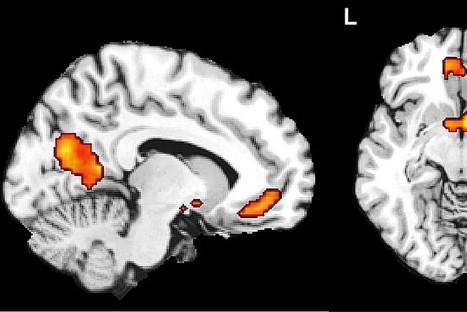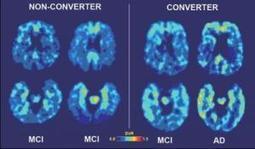Researchers at the RIKEN Brain Science Institute in Japan have uncovered the brain processes by which humans learn to understand the values of others and use this information to predict their decision-making behavior. Using fMRI scans, researchers found that "humans simulate the decisions of other people using two brain signals encoded in the prefrontal cortex, an area responsible for higher cognition."
Research and publish the best content.
Get Started for FREE
Sign up with Facebook Sign up with X
I don't have a Facebook or a X account
Already have an account: Login

 Your new post is loading... Your new post is loading...
 Your new post is loading... Your new post is loading...
|
|
















